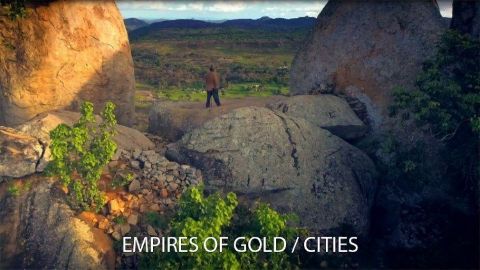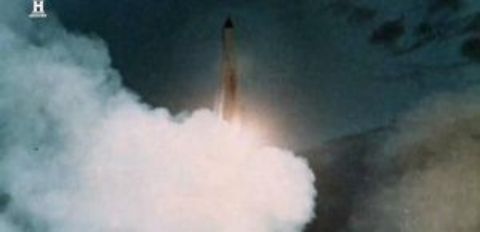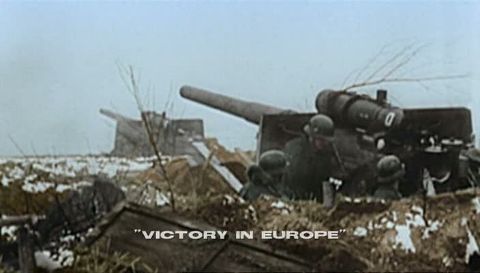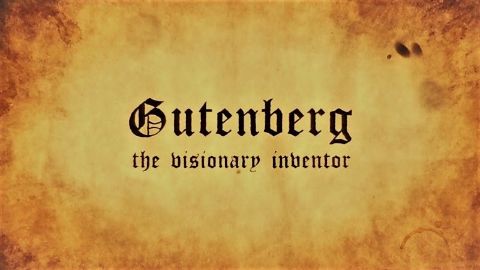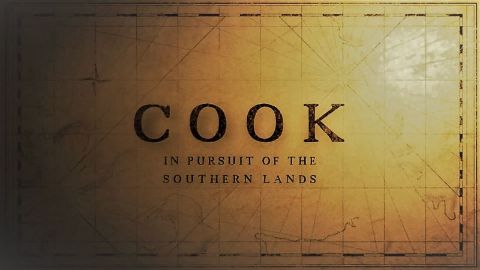You might also like
Henry Louis Gates, Jr. uncovers the complex trade networks and advanced educational institutions that transformed early north and West Africa from deserted lands into the continent’s wealthiest kingdoms and learning epicentres. In Part 4 Gates explores the power of Africa’s greatest ancient cities, including Kilwa, Great Zimbabwe and Benin City, whose wealth, art and industrious successes attracted new European interest and interaction along the continent’s east and west coasts.
Part 3 and 4 • Africa's Great Civilizations • 2017 • History
As the country's economy falters, the Nazis plan invasions and a racial purge while the leaders of the inner circle fight to win Hitler's favour.
5/10 • Hitler's Circle of Evil • 2017 • History
We countdown from 23 to 11 events that include a new vaccination for the polio epidemic, a leap in human rights with a new Declaration, and the invasion of Poland that started a world war.From the Wright brothers who launched a plane into flight for the first time, to a country that launched a rocket called Sputnik into space for the first time, the 20th century showed our rapid advance in technological feat
S1E7 • 101 Events that Made the 20th Century • 2018 • History
The months of the war in Europe were shocking and desperate. This film follows the British and Americans as they cross the Rhine and the Russians as they push through Poland into Germany itself. It covers the horrors of the liberation of Belsen and Buchenwald, and the final terrible street fighting in Berlin. The story culminates in the suicide of Hitler, the carving up of Germany between the Allies, and the Nuremberg trials.
12/13 • World War II In HD Colour • 2009 • History
In the 15th century, an inventor in a workshop in Strasburg came up with a machine that would eventually change the history of the entire world and shake a religion to its core. The choice of the first work to be printed is an astute one: Saint Jerome’s Latin version of the Bible.
S2E6 • Butterfly Effect • 2018 • History
In 1415, the Portuguese launch an era of explorations that will lead to the European discovery of the world. The competition is intense between France and the United Kingdom for the possession of North America and the West Indies for the Indian colonies, but also for Science.
S3E4 • Butterfly Effect • 2018 • History
